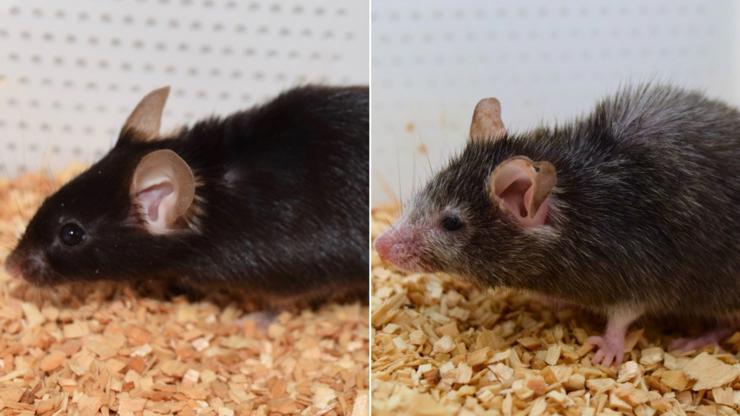Can We Reverse Aging with Science?
Exploring the Science Behind Aging and Potential Reversal Mechanisms

Frequently Asked Questions
Telomeres protect the ends of chromosomes from deterioration and prevent fusion with neighboring chromosomes. Their shortening during cell division is a key indicator of cellular aging, leading to senescence or apoptosis when they become critically short.
Lifestyle changes such as regular exercise, balanced nutrition, and stress management can improve metabolic health, reduce inflammation, and enhance overall cellular function, contributing to a longer and healthier lifespan.
Step by Step Guide
1
Understanding Aging
Aging is a complex biological process characterized by the gradual decline of physical and mental functions. It encompasses genetic, environmental, and lifestyle factors that collectively influence our longevity. Understanding how aging affects cellular mechanisms, such as telomere shortening, mitochondrial dysfunction, and the accumulation of senescent cells, is crucial in exploring potential interventions.
2
The Role of Genetics in Aging
Genetics play a significant role in determining lifespan and healthspan. Various genes are implicated in the aging process, including the sirtuin family, mTOR pathway, and genes involved in DNA repair. Research in genetic manipulation, such as CRISPR technology, is opening doors to potential reversals or slowing of aging processes.
3
Telomeres and Aging
Telomeres are protective caps at the ends of chromosomes that shorten as cells divide. Once they reach a critically short length, cells become senescent or die. Investigating telomerase therapy, which aims to extend telomere length, represents a promising avenue for potentially reversing aging.
4
Mitochondrial Health
Mitochondria are known as the powerhouses of the cell. They generate energy, but also produce reactive oxygen species (ROS), which can lead to oxidative stress and contribute to aging. Enhancing mitochondrial function through lifestyle changes, supplements like CoQ10, and emerging therapies may help slow down or potentially reverse some aging effects.
5
Stem Cells and Regeneration
Stem cells have the unique ability to differentiate into various cell types and regenerate tissues. Research into stem cell therapies suggests that enhancing the regenerative capacity of tissues could reverse some aspects of aging. Introducing young stem cells into aging tissues may help restore youthful functions.
6
Senolytics: Clearing Senescent Cells
Aging leads to the accumulation of senescent cells, which secrete pro-inflammatory factors and contribute to age-related diseases. Senolytic drugs are being studied for their potential to selectively eliminate these cells, thereby improving tissue function and possibly extending lifespan.
7
Caloric Restriction and Fasting
Caloric restriction and intermittent fasting have been shown to extend lifespan in various organisms. These practices can enhance autophagy, the body’s cleaning mechanism that removes damaged cells and proteins. Delving into the mechanisms behind these dietary interventions can yield insights into reversing aging.
8
The Microbiome's Impact on Aging
The gut microbiome plays a critical role in overall health and may influence aging processes. Probiotics and dietary interventions that promote a healthy microbiome could offer avenues for reducing inflammation and enhancing metabolic health, potentially leading to a longer, healthier life.
9
Lifestyle Influences on Aging
Factors such as exercise, sleep, stress management, and diet significantly impact aging. Regular physical activity, a balanced diet rich in antioxidants, and adequate sleep have all been associated with longevity. Implementing lifestyle changes is one of the most effective methods presently available for enhancing health and longevity.
10
The Future of Anti-Aging Research
The field of anti-aging research is rapidly advancing, with ongoing studies investigating new drugs, genetic therapies, and lifestyle interventions. Keeping abreast of these developments and participating in clinical trials can provide opportunities for accessing cutting-edge therapies aimed at reversing aging.








